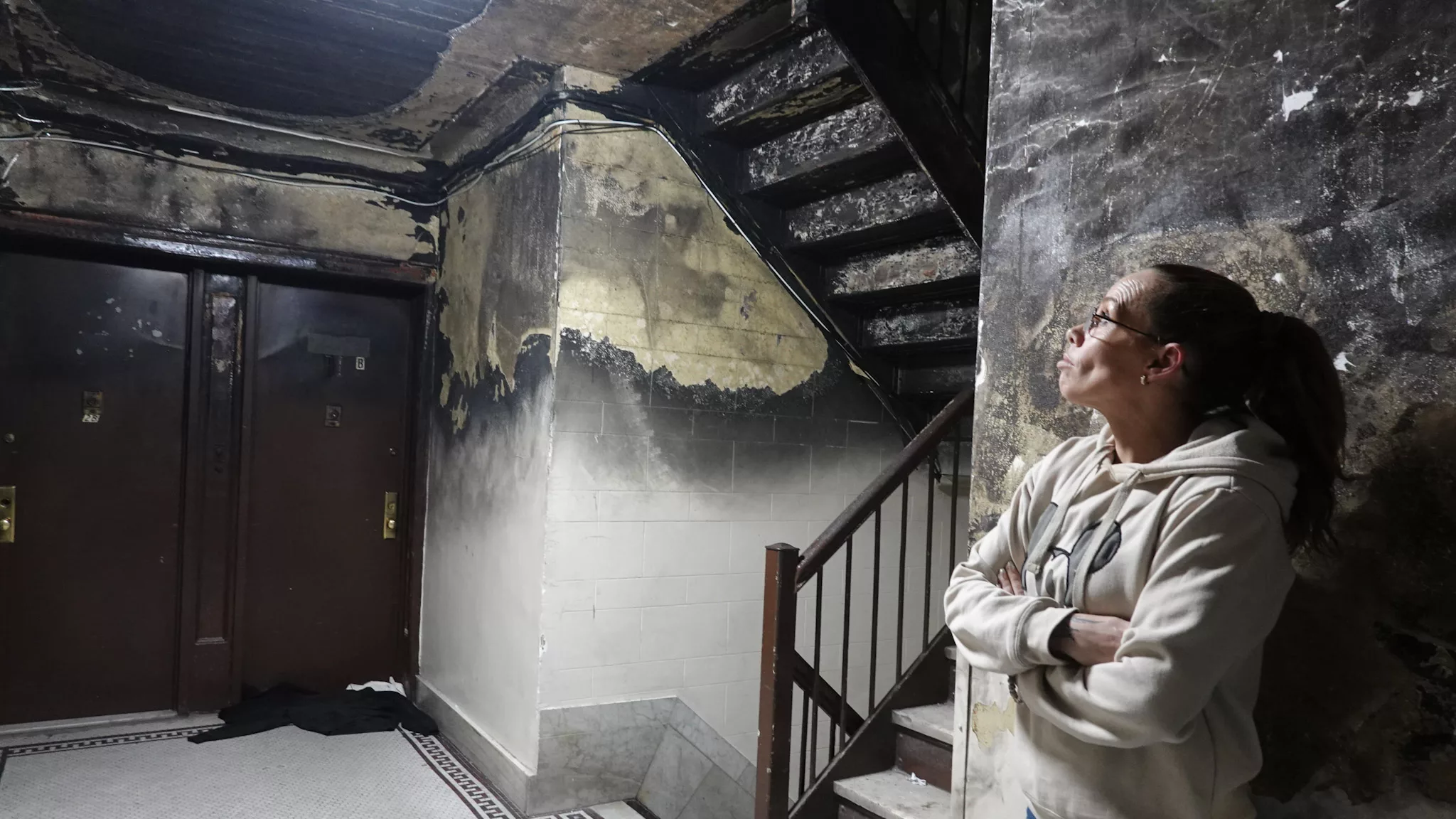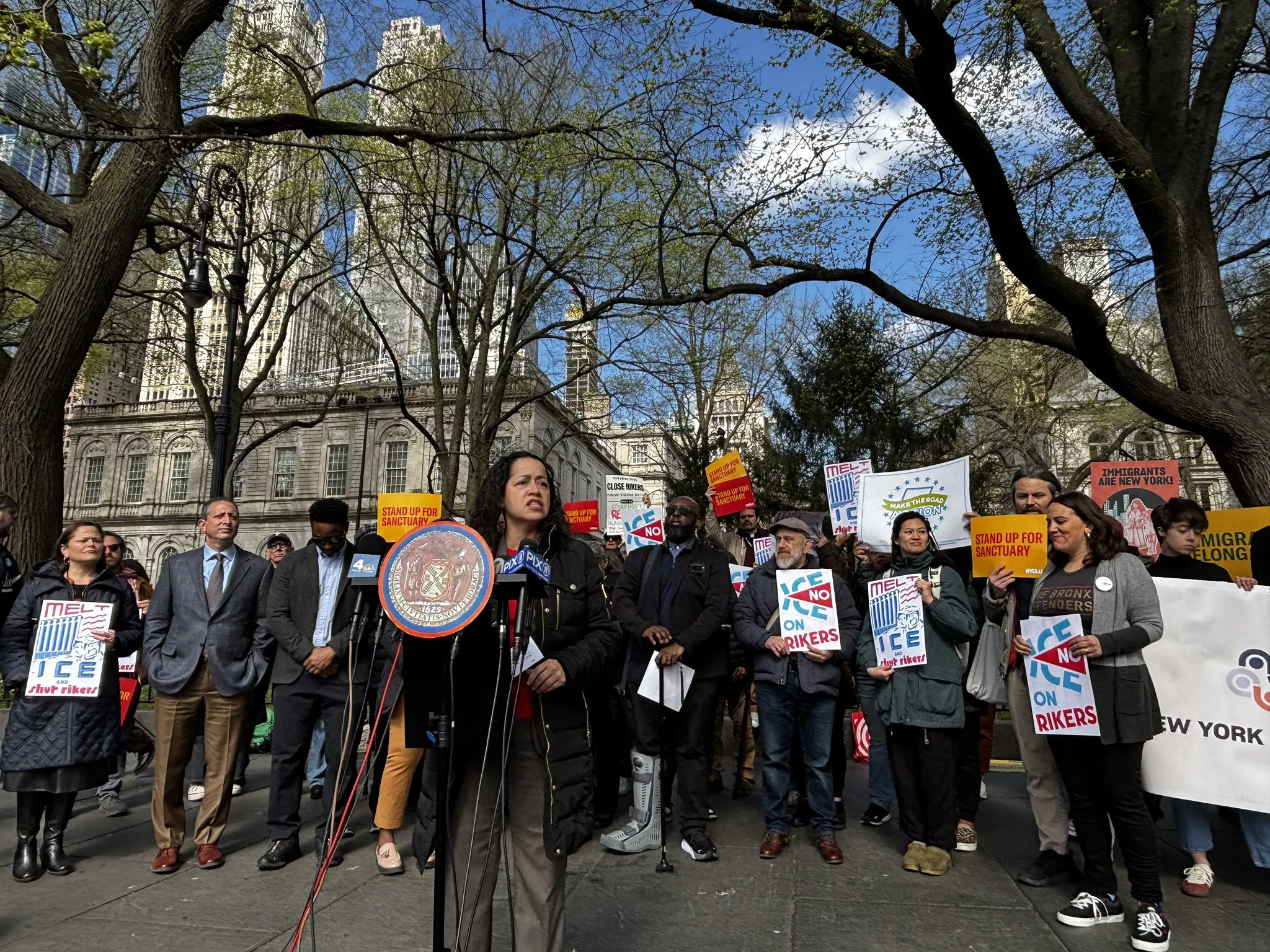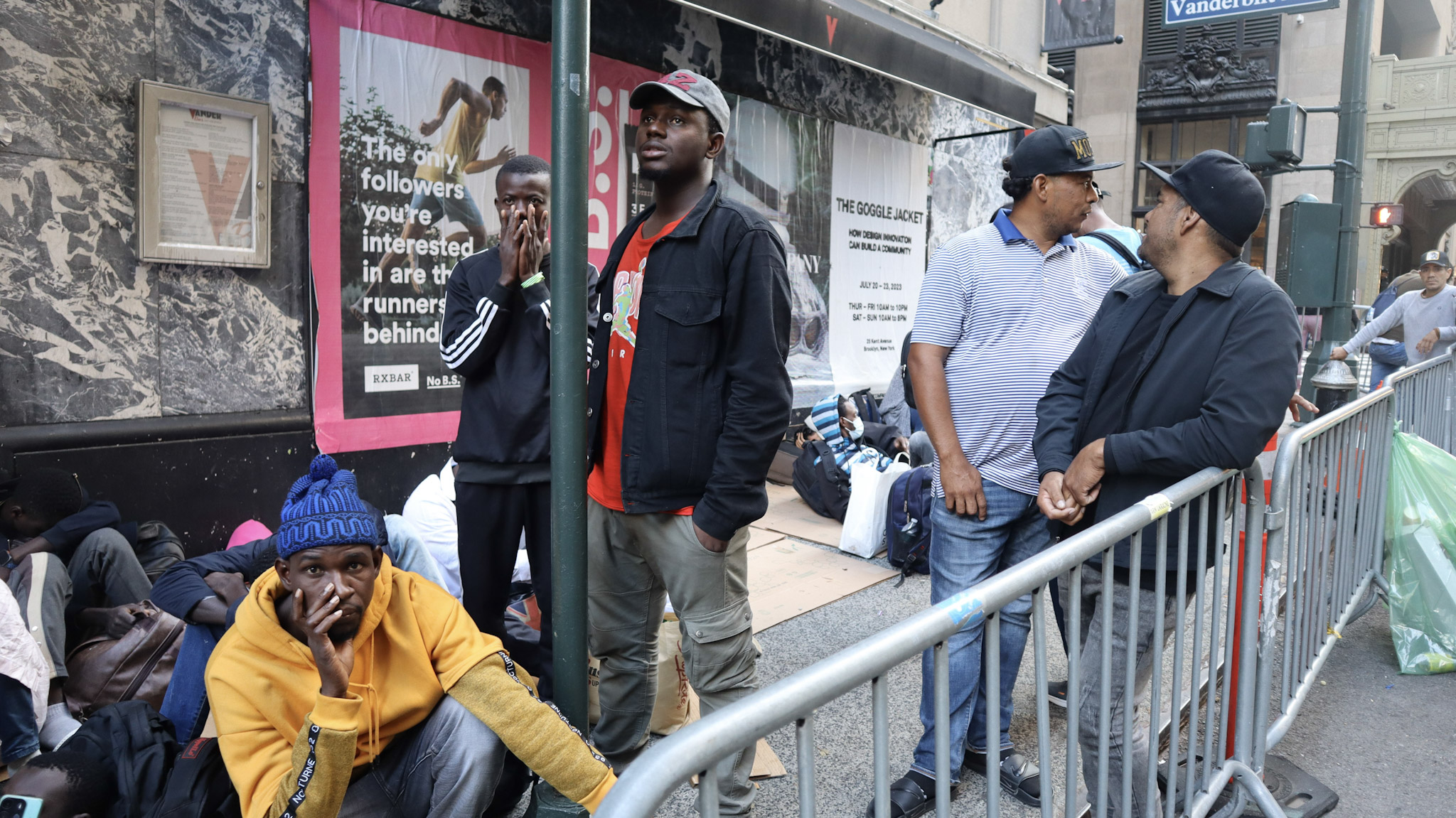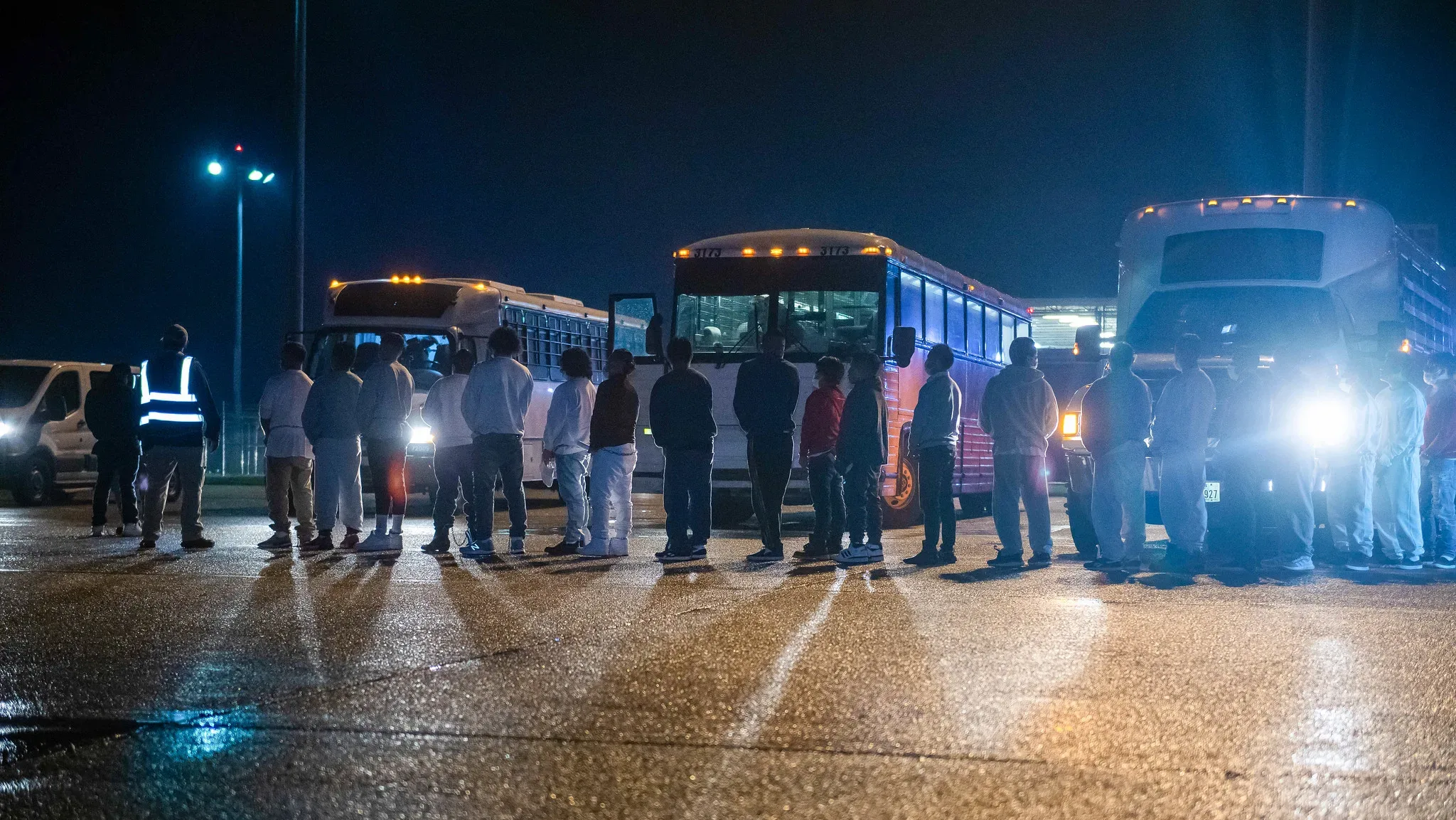Haitians living in the U.S. under Temporary Protected Status (TPS) now face the looming threat of deportation. More than 500,000 people who fled violence, natural disasters and political instability are at risk of losing their legal status as the Trump administration partially rolls back TPS for Haiti. With the country in the midst of a security crisis, many are left scrambling for answers and with a future that seems increasingly uncertain.
TPS is a humanitarian program established by Congress in 1990, aimed at providing temporary legal status to individuals from countries experiencing ongoing armed conflict, environmental disasters or other extraordinary conditions that make it unsafe for them to return. More than 850,000 immigrants from 17 countries are currently protected under TPS.
Under President Biden, a July 1, 2024 notice had extended and redesignated Haiti for TPS. Secretary of Homeland Security Kristi Noem partially vacated this notice, shortening the extended protection period from 18 months to 12 months, moving the new expiration date to August 3, 2025.
The new timeline raises critical questions from Haitian beneficiaries about their ability to maintain legal status in the U.S. and plan for their future. Among them is B. Mercius, who now faces an abrupt shift in the path she had begun to build in the United States.
Also Read: ‘My Future Is Uncertain’: Venezuelans React to End of TPS Protections
B. Mercius, 31, arrived in the United States in March 2024 and applied for TPS. She received her confirmation documents in November, followed by a work permit in January.
Eager to build a stable future, Mercius, who lives in Queens, enrolled in home health aide training while actively searching for a full-time job. “My dream was to learn English and attend university,” she said.
But now, as her work permit is set to expire soon under the new decision, she said that the deadline feels like a signal for deportation.
“I’ve had an unusual migraine that sent me to the hospital,” she said, describing the stress of not knowing whether she would be allowed to stay.
A trained nurse in Haiti, Mercius hoped to continue her studies and contribute to the U.S. healthcare field. With no clear decision on TPS extensions, she sees many in her situation preparing to leave.
“I don’t think anyone is mentally prepared for this, given the situation in Haiti,” she said. “Going back for me is restarting from zero. And all of this causes huge trauma.”
Advocacy groups including the Haitian Bridge Alliance and Haitian Americans United for Progress and Innovation Coalition (HAUPINC) have denounced the decision, calling it a devastating blow to a community already grappling with natural disasters, political instability and economic collapse back home.
Also Read: ICE Raids or Rumors? How Fear Is Impacting Business in NYC’s Little Guyana
TPS was first granted to Haiti in January 2010 following a deadly 7.0 earthquake that killed 300,000 people. It has been renewed and extended multiple times because of ongoing conditions that prevent Haitians from safely returning home.
TPS doesn’t provide a direct pathway to citizenship, but it grants individuals the ability to live and work in the U.S. without the fear of deportation. To maintain TPS, individuals must re-register during specified periods and pass background checks.
For many Haitians, some of whom have lived in the U.S. for decades, TPS has provided a lifeline allowing them to work legally, support their families and contribute to their communities while Haiti grapples with ongoing instability. That is why Secretary Noem’s decision to shorten Haiti’s TPS extension has been met with harsh criticism from immigrant rights groups. Guerline Jozef, executive director of the Haitian Bridge Alliance, called the move “devastating” for the Haitian community.
“This decision ignores the reality on the ground in Haiti,” Jozef said. “Haiti is still struggling with the aftermath of the 2021 earthquake, ongoing gang violence and political instability. Shortening TPS not only disrupts the lives of Haitian families but also undermines the stability they have fought hard to build here in the U.S.”
The redesignation of Haiti for TPS in June 2024 had been celebrated as a lifeline for thousands of Haitians who fled their country due to gang violence. But with the new shortened timeline, many are now left in limbo, unsure of what their future holds.
Elsie Saint-Louis, executive director of HAUPINC, emphasized the deep psychological toll the decision has taken on the Haitian community in New York.
“People are terrified. They’re afraid to leave their homes, even to send their kids to school. We’re hearing from schools that children aren’t showing up because parents are afraid to send them. The fear is overwhelming,” she said.
Saint-Louis also highlighted the logistical barriers faced by many TPS applicants. “Many eligible individuals have applied but are stuck in bureaucratic delays. They haven’t received their official TPS papers, leaving them in a vulnerable position. This uncertainty is taking a toll on their ability to work, provide for their families and maintain their mental health.”
The Biden administration’s original decision to extend and redesignate TPS for Haiti was viewed as a critical step toward addressing the humanitarian crisis in the country.
But a recent statement from a DHS spokeswoman said that the move was an attempt to tie the hands of the Trump administration “by extending Haiti’s Temporary Protected Status by 18 months, far longer than justified or necessary.”
Jozef warned that this decision could have far-reaching consequences for other immigrant communities as well. “When one community is attacked, all immigrant communities are at risk,” she said. “This sends a message that no one is safe.”
Many TPS holders have U.S.-born children, own businesses and have integrated into American society over the years. The abrupt policy shift forces them to make impossible choices whether to remain in the U.S. without status after August 2025 or return to a country that remains mired in political turmoil, widespread gang violence and a collapsing economy. Despite the U.S. pledging $40.7 million in aid to support security efforts and backing a Kenya-led intervention to combat gang control, conditions on the ground have shown little improvement.
Also Read: Members of Elite Haiti Police Force Lost in New York as Asylum Seekers and Parolees
As the Haitian immigrant community faces the challenges posed by the shortened TPS extension, advocates are calling on Congress to pass legislation that would offer a pathway to permanent residency for TPS holders. One such bill, the American Dream and Promise Act, passed in the House in 2021 but stalled in the Senate, would provide these protections.
“We remain hopeful that justice will prevail,” Jozef said. “We’re filing lawsuits to secure protections for TPS holders and all immigrant communities. We believe the law will stand, and our people will be safeguarded.”
On March 1, 2025, eight beneficiaries, three sponsors and the Haitian Bridge Alliance filed a lawsuit against the Trump administration over its decision to terminate key humanitarian parole programs such as Uniting for Ukraine, Operation Allies Welcome and the parole process for Cubans, Haitians, Nicaraguans and Venezuelans. The plaintiffs also contest the USCIS’s order to halt all pending applications and alternative relief options.















